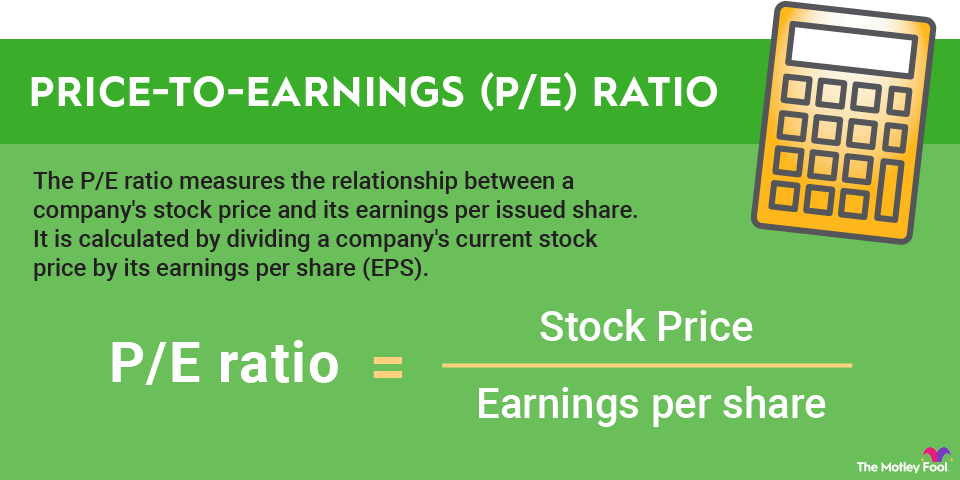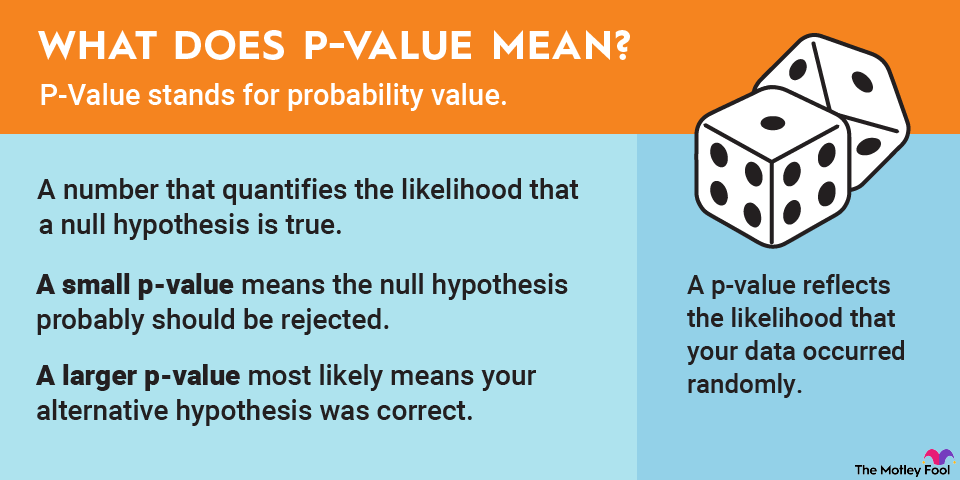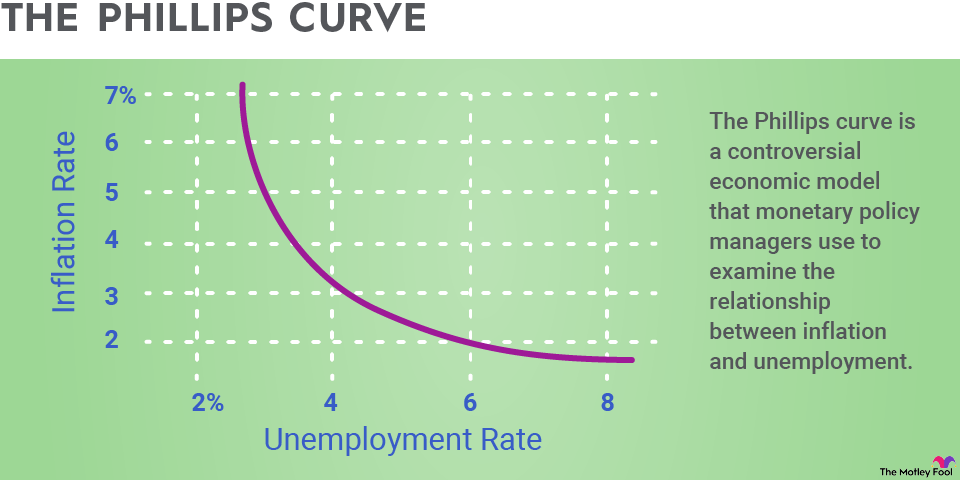In the construction industry, big projects require big guarantees and many different types of bonds to ensure everything flows as it should. Performance bonds are part of this picture. Read on to learn more about this tool and the role it plays in building and development projects big and small.

What is a performance bond?
Performance bonds are a type of surety bond that is often requested of contractors who have won bids for government or private contracts. They ensure that the job gets done by giving the project owner some way to recoup financial damages should the contractor fail to perform.
A performance failure could be anything from simply never starting the project to not coming in on time or under budget, per the agreed-upon contract. These bonds are also sometimes used for materials suppliers as well, and for similar reasons.
When are performance bonds required?
Performance bonds are required on any government contract valued at more than $100,000 as a result of the Miller Act of 1934. The law was written to stop a common practice of contractors purposefully underbidding jobs to win them, then holding out for more money to complete the work.
However, other clients may also require performance bonds, depending on the size of the project and the importance of it to the client. Typically, you'd find this in private contracts for larger jobs such as a subdivision development project or major work on a large structure.
What are the benefits of a performance bond?
Performance bonds provide a number of benefits for both the contractor and the client, even though they're an additional expense to consider when bidding on a potential contract. For the contractor, simply being able to offer a performance bond can be a competitive advantage for a job that doesn't strictly require it. Everyone wants to know that they have some kind of recourse if your company doesn't perform as agreed, regardless of the reason.
For the person who needs work done, the performance bond is an extra assurance that their project will move forward, even if their initial choice of contractor isn't the one to do it. They'll know they've not gambled their money on someone they likely do not know very well and can find a replacement to finish the work if the original contractor doesn't follow through.
For both parties, performance bonds speak to experience and professionalism. A contractor who offers a performance bond is a contractor who has been around the block a few times and knows that sometimes, no matter how much you want things to go right, circumstances are just not in your favor. A project owner who accepts a performance bond is also reasonably assured that the contractor they're working with is experienced enough to understand the importance of this level of guarantee.
Related investing topics
Why do performance bonds matter to investors?
Although performance bonds generally don't directly affect investors, it is important for anyone investing in real estate, real estate investment trusts (REITs), government bonds tied to construction projects, and similar situations to know that their money is protected, even if the contractor disappears.
In this way, performance bonds are a risk mitigation tool, even if you're not fully in on the details of the agreement. Just knowing that your investments are backed by performance bonds and other surety bonds can make it easier to put your money into less risky construction projects that are likely to be finished at or below budget.



















